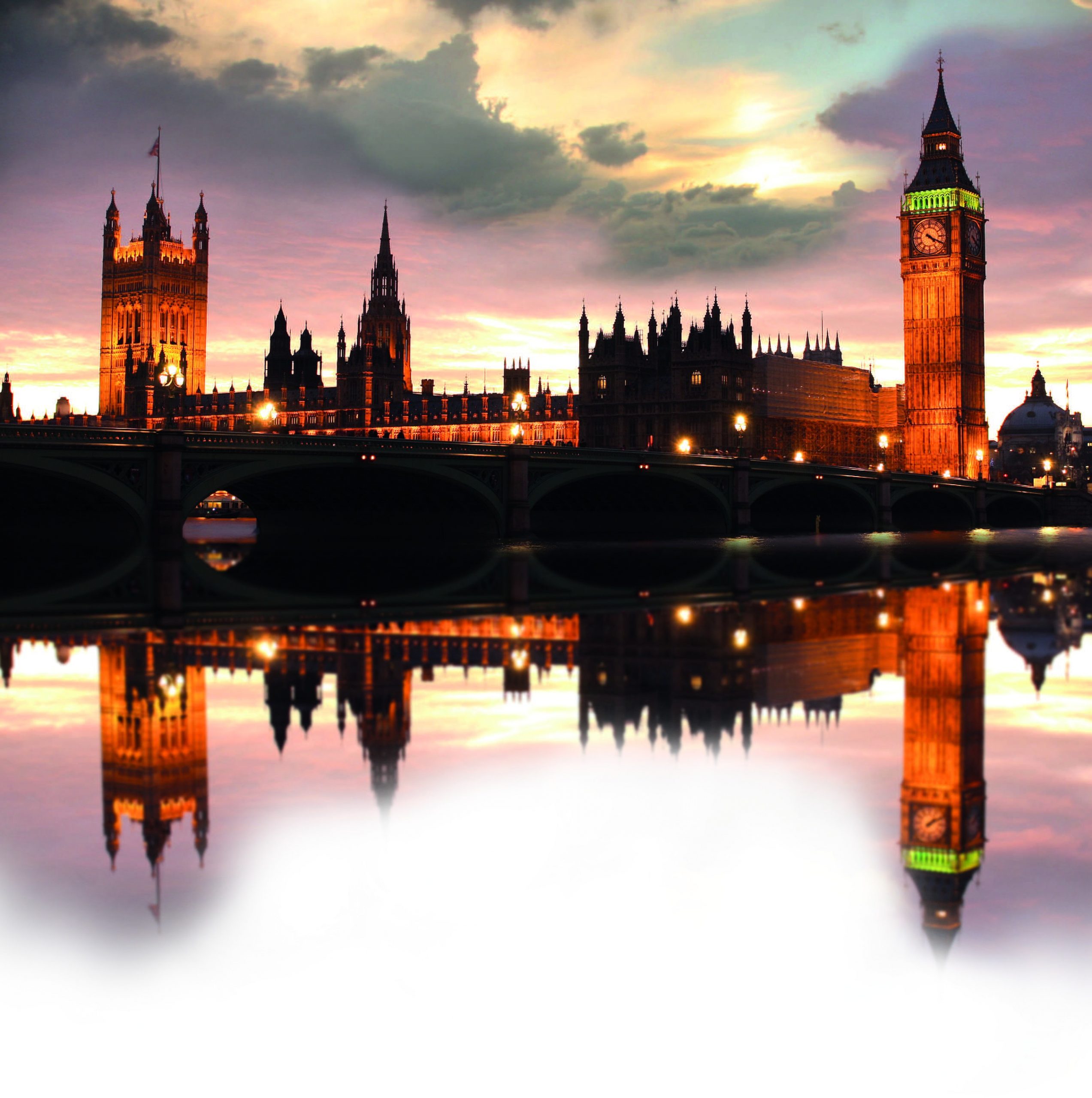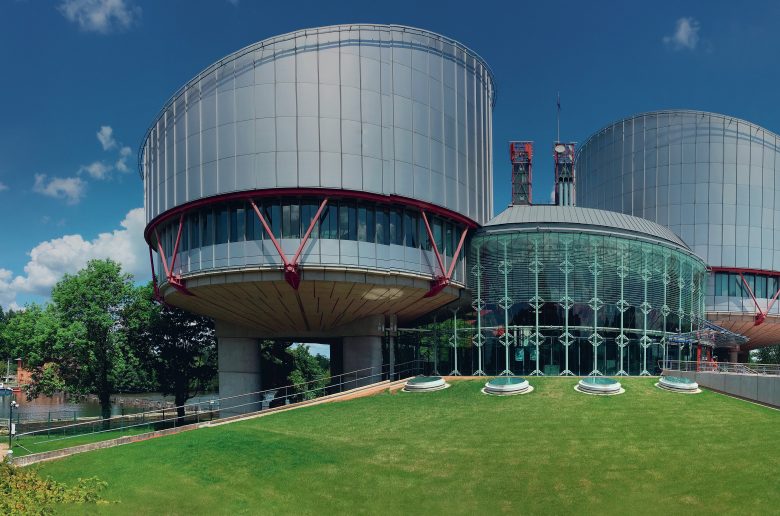
In October 2018 the BBC announced that its prestigious annual Reith Lecture programme for 2019 would be presented by Lord Sumption, the eminent medieval historian and UK Supreme Court Justice, on the theme of ‘Law and the Decline of Politics’. His key argument is that decisions on public policy that should be the preserve of Parliament are increasingly being left to the judiciary. He points to the Human Rights Act 1998 (HRA) as one of the causes of the situation and argues that it has ‘enormously expanded the role of judges in areas previously regarded as political’.
In constitutional theory, Parliament is the supreme law-making body (legislature) and the judges have traditionally provided ‘declaratory’ support in the courts. The declaratory theory respects the roles of these separate powers and encourages the courts to adhere to the formal doctrine of binding judicial precedent, based on a clear courts hierarchy, and show deference to Parliament.
Your organisation does not have access to this article.
Sign up today to give your students the edge they need to achieve their best grades with subject expertise
Subscribe




